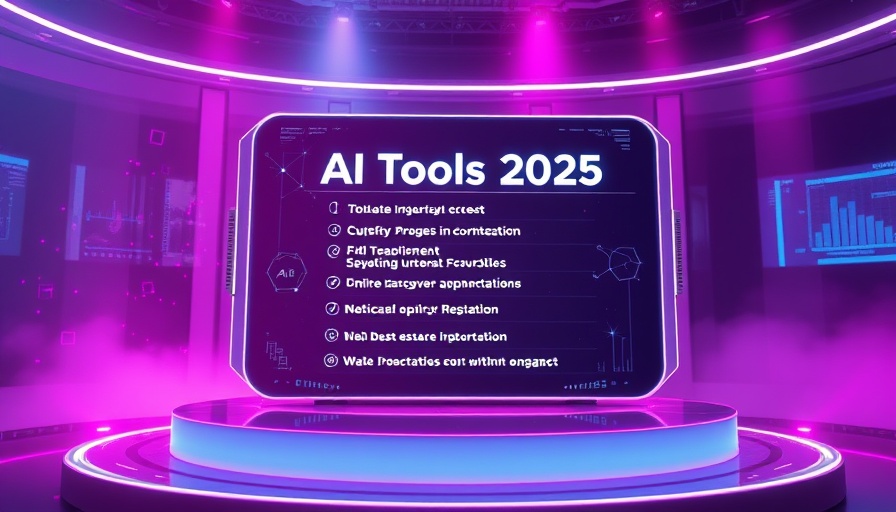
Understanding Agentic AI: A New Paradigm
The concept of agentic artificial intelligence (AI) is taking a new approach to machine autonomy. Unlike traditional AI, which often requires human intervention and monitoring, agentic AI operates independently, making decisions without human oversight. This capability introduces complexities in both its application and regulation.
The Regulatory Dilemma: To Legislate or Not?
As the utilization of agentic AI grows, so does the debate regarding necessary regulations. In the UK, there are 18 interconnected frameworks governing AI development and deployment. Policymakers face the challenge of balancing innovation with safety, as some advocate for specific regulations tailored to agentic AI, while others suggest that existing frameworks suffice. Critics argue that agentic AI's inherent autonomy necessitates distinct regulatory measures due to its potential for unforeseen consequences.
Lessons from Generative AI: A Cautionary Tale
The launch of generative AI technologies like ChatGPT showcased the radical economic potential of AI, with forecasts suggesting a contribution exceeding $20 trillion to the global GDP. However, Gartner predicts that by 2025, at least 30% of generative AI projects may fail, hindered by issues such as poor-quality data and insufficient risk management. This serves as a harbinger for agentic AI; learning from past challenges could prevent missteps as its use proliferates.
Future Predictions: The Path Forward for Agentic AI
In the coming years, we can expect the trajectory of agentic AI to become increasingly influential in modern tech. Its effectiveness in various applications, from automating simple tasks to managing complex systems, offers opportunities across multiple industries. However, how governments approach regulation will define the landscape, determining whether innovation flourishes or stifles under bureaucratic constraints.
Actionable Insights for Policymakers and Businesses
For businesses venturing into the sphere of agentic AI, understanding and navigating the regulatory environment is crucial. Engage with emerging regulations proactively, assess internal governance, and align with broader jurisdictional standards. This strategy not only mitigates risks but also positions companies to harness the full potential of agentic AI effectively.
The Human Factor: Striking a Balance
While agentic AIs operate independently, the importance of human oversight cannot be overstated. Recent insights indicate that companies like Wayfair and Morgan & Morgan emphasize blending automation with human governance. Maintaining a balance ensures that while AI can optimize processes, there remains an avenue of accountability and ethical consideration in decision-making.
 Add Row
Add Row  Add
Add 




Write A Comment